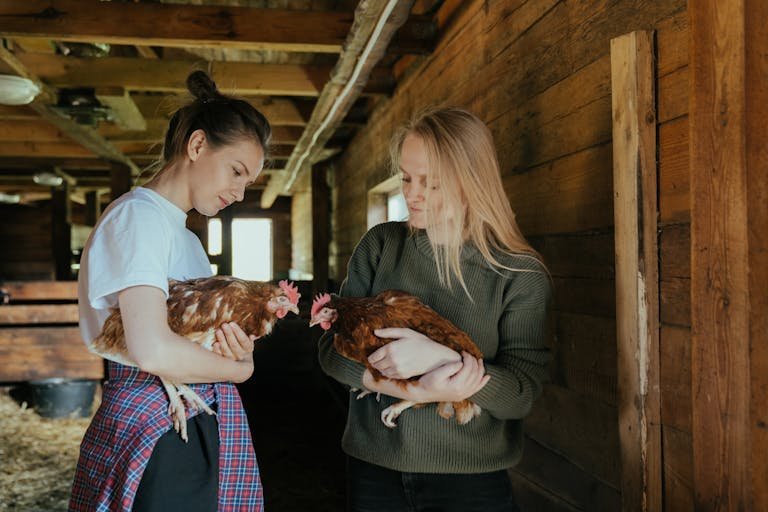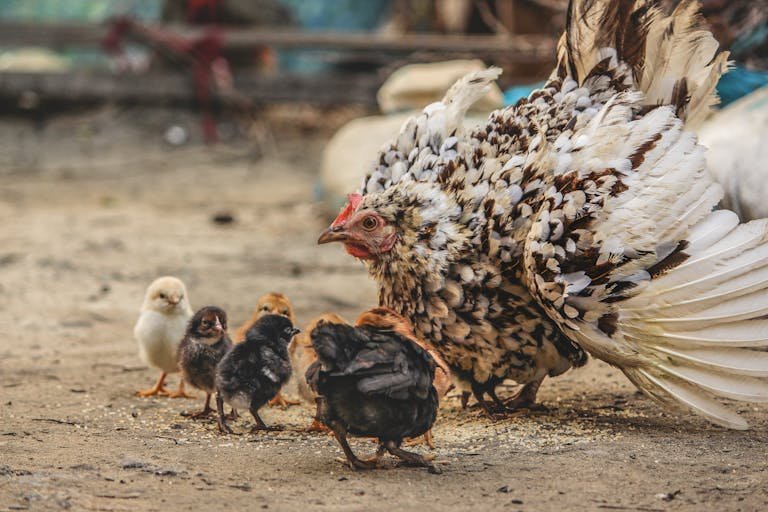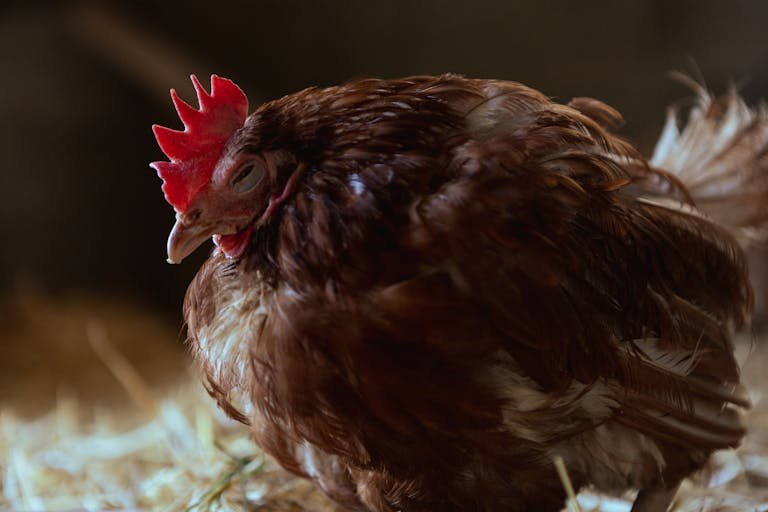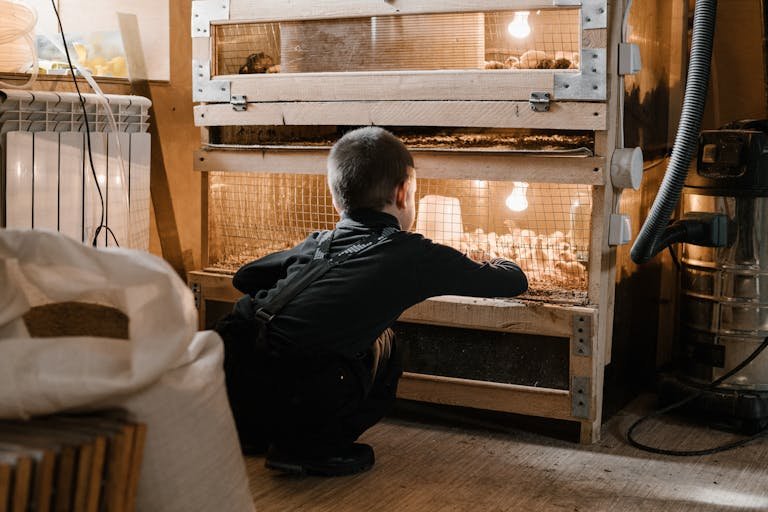Does Vanilla Extract Repel Bugs?
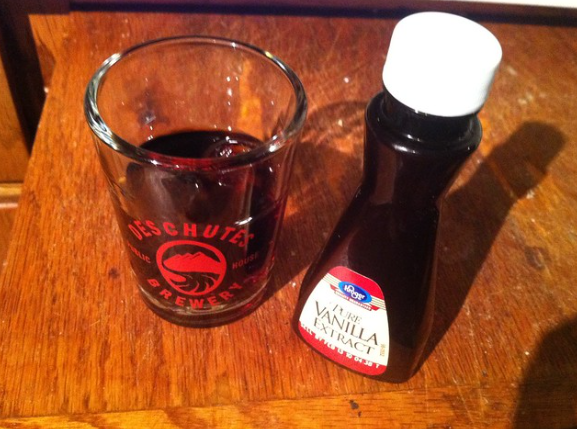
Many people are always on the lookout for natural ways to repel bugs, and vanilla extract often pops up as a solution. It smells great and is widely available, so it seems like a promising alternative to chemical-based bug repellents. But the real question is: Does vanilla extract actually repel bugs?
In this blog, I will walk you through everything you need to know about ” Does Vanilla Extract Repel Bugs? “
The Short Answer: No, Vanilla Extract Is Not a Reliable Insect Repellent
While vanilla extract might smell wonderful and has a reputation as a potential insect deterrent, it is not a reliable or scientifically proven method for repelling bugs. Yes, it can temporarily help mask your natural body odor, which some bugs are attracted to, but the effect is short-lived and inconsistent. Let’s break down how and why vanilla extract works (to some degree) and its limitations.
How Does Vanilla Extract Work?
1. Masking Odors
One of the reasons vanilla extract is sometimes thought to repel bugs is that its strong scent can help mask the natural odors that attract insects, particularly mosquitoes. Mosquitoes are known to be drawn to the smell of carbon dioxide and sweat, which your body naturally produces. The theory is that vanilla extract’s overpowering scent could conceal these odors, making you less appealing to mosquitoes and other insects.
- How does it mask? The strong vanilla aroma can somewhat block or mask your natural scent, making it harder for mosquitoes to locate you.
- Temporary relief: This effect doesn’t last long. It might provide a brief moment of relief from mosquito bites, but after a short while, they will likely come buzzing back.
2. Temporary Repellent
Some people have reported success in using vanilla extract as a temporary bug repellent. In some cases, the sweet smell seems to deter mosquitoes and other flying insects for a brief period. However, this effect is short-lived and generally unreliable for extended outdoor activities, such as hiking or camping.
- Short-term: You might get some relief for about 30 minutes to an hour, but after that, the vanilla extract evaporates, and its effects fade.
- Frequent reapplication: You would need to apply the extract frequently, which is neither practical nor very effective.
Limitations of Vanilla Extract
1. Ineffectiveness Against Many Insects
While vanilla extract might have a small effect on mosquitoes, it is largely ineffective against a wide variety of other insects. Bugs like flies, ticks, ants, and spiders do not seem deterred by the scent of vanilla. If you’re in an area where these insects are common, vanilla extract won’t offer any protection.
- Mosquitoes: Some minimal deterrent effect.
- Other insects: Almost no effect.
2. Short-Lived Protection
The effectiveness of vanilla extract as a bug repellent is very short-lived. Once it evaporates (which happens quickly), you’re left unprotected. This makes it an impractical option if you’re outdoors for extended periods. Whether you’re at a backyard BBQ or a camping trip, you’ll find that vanilla extract needs to be reapplied frequently, which is inconvenient.
- Duration: Typically lasts about 30 minutes to an hour.
- Reapplication needed: You’ll have to keep applying it, which can be bothersome.
3. Limited Scientific Research
There is very little scientific evidence to support the claim that vanilla extract is an effective bug repellent. Most of the information available is anecdotal, meaning it’s based on personal experiences rather than controlled studies. The few studies that have been conducted show inconsistent results, and vanilla extract is not recognized as a proven bug deterrent by any health organizations.
- Anecdotal evidence: Most reports of success are based on individual experiences.
- No scientific backing: Studies on the topic are limited, and the results vary.
Why You Shouldn’t Rely on Vanilla Extract
When it comes to keeping bugs at bay, particularly in areas where mosquito-borne diseases are common, relying on vanilla extract could leave you vulnerable. Mosquitoes, ticks, and other insects can carry serious diseases such as malaria, dengue, and Lyme disease. Protecting yourself with a reliable insect repellent is crucial, and vanilla extract just doesn’t cut it.
1. Lack of Proven Protection
Vanilla extract is not registered with the Environmental Protection Agency (EPA) as a bug repellent. This means it hasn’t been tested or proven to offer any real protection against bug bites. The EPA recommends using repellents that contain active ingredients like DEET or picaridin for safe and effective protection.
- EPA guidelines: Vanilla extract is not an EPA-registered bug repellent.
- No guaranteed protection: You won’t be shielded from mosquito-borne diseases with vanilla extract.
2. Unpredictable Results
Even though some people swear by vanilla extract, its effectiveness varies greatly depending on the person, environment, and type of insects. You might find that it works for you in one situation but not another. This inconsistency makes it an unreliable option.
- Varied experiences: Some people find it works, while others don’t.
- Different bugs, different reactions: Some bugs might be less sensitive to the scent than others.
Alternatives to Vanilla Extract
If you’re looking for an alternative to chemical-based insect repellents, there are several natural options that are more effective than vanilla extract. Let’s look at a few that have shown promise.
1. Citronella Oil
Citronella oil is one of the most popular natural insect repellents and has been used for years to deter mosquitoes. It works by masking scents that attract insects, similar to how vanilla extract is supposed to work, but with a longer-lasting effect.
- Effectiveness: Citronella can repel mosquitoes for up to two hours.
- Widely used: It’s available in candles, sprays, and lotions.
2. Lemon Eucalyptus Oil
Lemon eucalyptus oil has been proven to be effective in repelling mosquitoes, with some studies showing it can offer protection for up to six hours. It is a natural alternative recognized by the Centers for Disease Control and Prevention (CDC) as a viable option for bug repellent.
- Longevity: Works for about six hours.
- EPA approved: This oil is recognized for its bug-repelling properties.
3. Lavender Oil
Lavender oil is not only a calming fragrance but also has insect-repelling properties. It has been used to keep bugs away, particularly moths, fleas, and mosquitoes. While it may not be as powerful as DEET or other chemical repellents, it offers some level of protection in a more natural way.
- Multi-use: Works against various bugs, not just mosquitoes.
- Natural aroma: Pleasant smell without the chemicals.
4. DEET and Picaridin
If you are looking for proven, reliable protection against bugs, products containing DEET or picaridin are your best bet. These ingredients are effective against a wide range of insects, including mosquitoes, ticks, and flies. While some people prefer to avoid chemicals, DEET and picaridin have been extensively tested and are safe when used as directed.
- DEET: One of the most effective repellents available.
- Picaridin: A DEET alternative that offers similar levels of protection.
How to Use Vanilla Extract as a Bug Repellent (If You Still Want to Try It)
Even though vanilla extract is not a proven insect repellent, you might still want to give it a try if you prefer natural solutions. Here’s how you can use it:
1. Mix with Water or Oil
Vanilla extract is strong and should be diluted before applying it to your skin. You can mix a few drops of vanilla extract with water or a carrier oil like coconut oil to create a more skin-friendly solution.
- Recipe: Mix 1 tablespoon of vanilla extract with 1 cup of water or oil.
- Application: Apply the mixture to exposed skin.
2. Reapply Frequently
As mentioned earlier, the effects of vanilla extract are short-lived, so you’ll need to reapply it often to keep any bugs at bay.
- Every 30 minutes: Reapply every 30 minutes to an hour for continued protection.
- Test first: Make sure to do a patch test to ensure the extract doesn’t irritate your skin.
Read Also: Is Garlic Good for Chickens?
Final Words
In summary, vanilla extract might seem like a sweet-smelling alternative to bug sprays, but its effectiveness is limited at best. It can mask human odors for a short period and may offer minimal protection against mosquitoes, but it won’t protect you from other insects like ticks or flies. Moreover, its short-lived effects make it impractical for long-term use.
For better results, I recommend using proven insect repellents containing DEET, picaridin, or natural alternatives like citronella or lemon eucalyptus oil. If you’re in a pinch and prefer something natural, vanilla extract might give you temporary relief, but don’t count on it to keep the bugs away for long.
